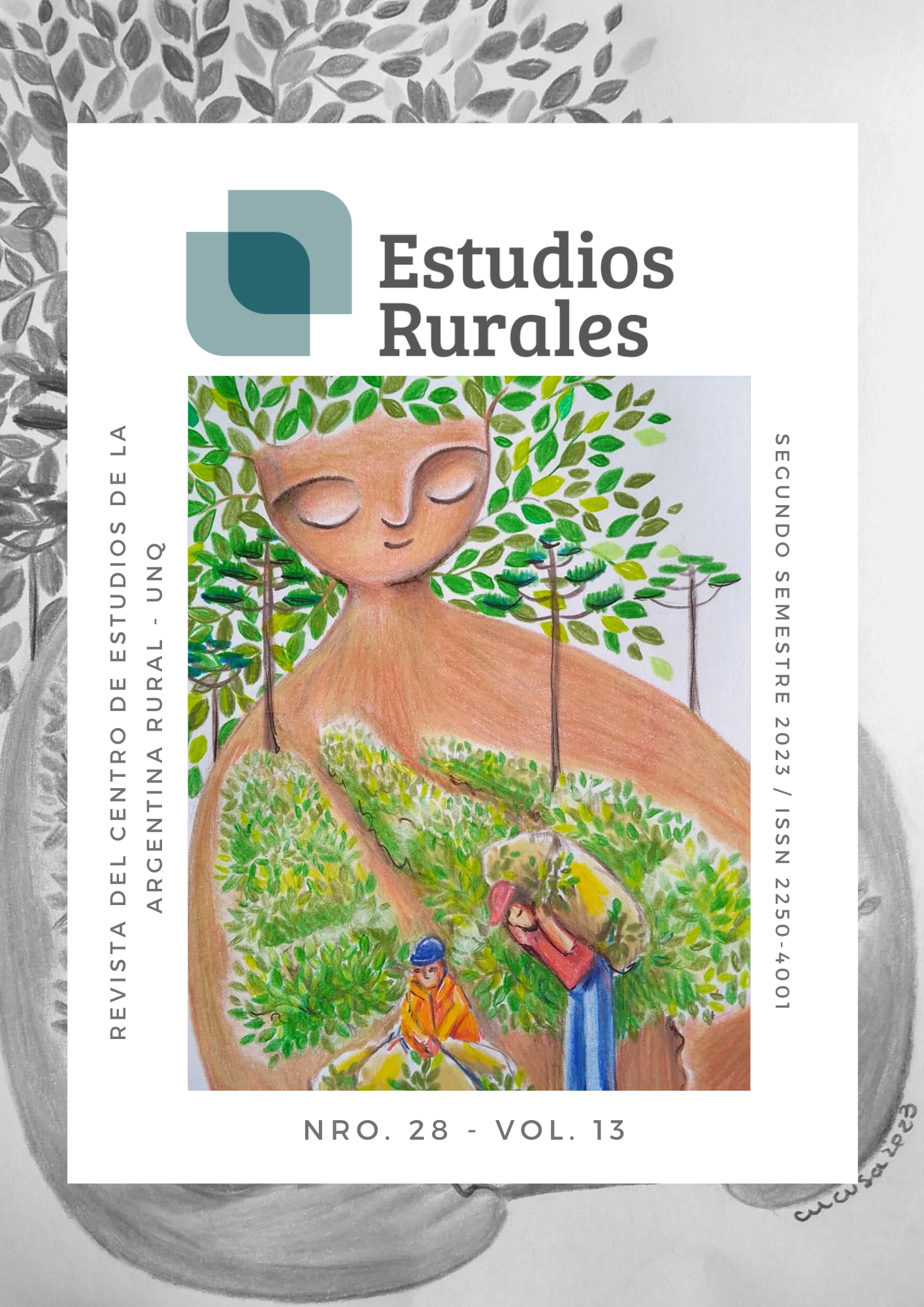Development and public policy in Argentina: the case of the Sheep Law in Río Negro
DOI:
https://doi.org/10.48160/22504001er28.508Keywords:
State policy, Rurality, Sheep farming, PatagoniaAbstract
Sheep Law is a public policy aimed at Argentine agricultural producers. It arose as a demand from the business sheep sector of the patagonian region, however, it currently covers the entire Argentine national territory and is also addressed to producers belonging to family farming. This article aims to analyse the Sheep Law in Río Negro, a province in which sheep farming is one of the main activities in rural areas. From a quantitative-qualitative approach and methodological triangulation, the context of emergence will be studied taking into account the relationship with national policy and productive models of agrarian modernization and rural territorial development. We will describe the main tools for the operationalization of the Law, the actors involved and the changes and continuities over time. As a result, we highlight the invention of a participatory, multi-actor and multi-scalar device that allowed the continuity of this policy after more than 20 years since its regulation. In turn, the capacity of the family farming sector to dispute state spaces. Finally, a spatial dimension linked to negative geographic imaginaries that strengthens the idea of sheep farming as an unchosen activity and the only productive possibility within arid and semi-arid Patagonia.


